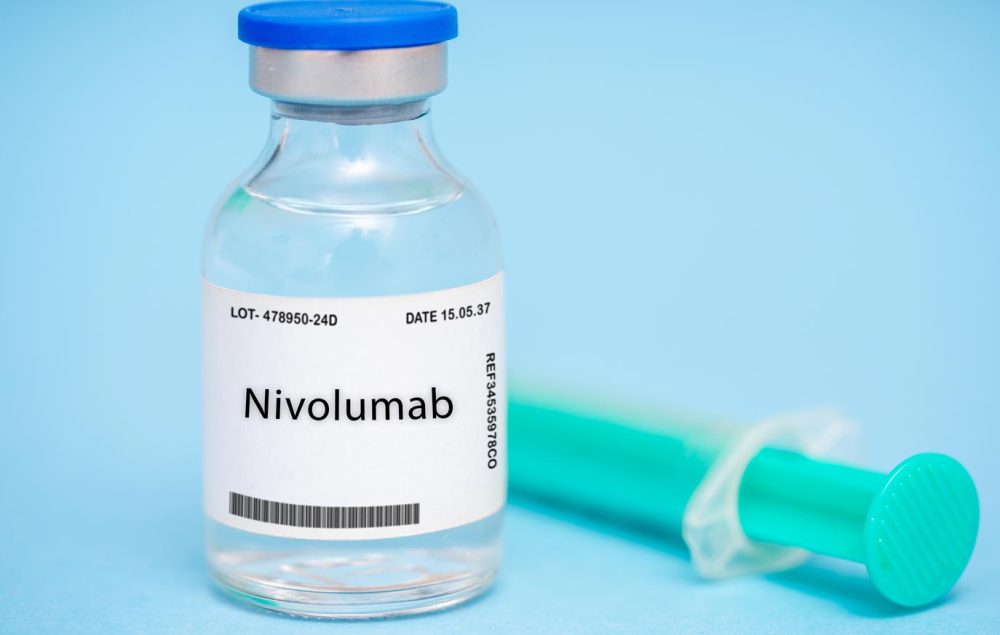Advertisment
FDA acceptance of U.S. and EU regulatory filings for neoadjuvant Opdivo (nivolumab) and chemotherapy followed by surgery and adjuvant Opdivo in resectable non-small cell lung cancer – BMS

Bristol Myers Squibb announced two regulatory acceptances for applications for; i. neoadjuvant Opdivo (nivolumab) with chemotherapy followed by surgery and ii. adjuvant Opdivo for the perioperative treatment of resectable stage IIA to IIIB non-small cell lung cancer (NSCLC). The FDA accepted the supplemental Biologics Application (sBLA) and assigned a PDUFA goal date of October 8, 2024.
In late January, the European Medicines Agency (EMA) validated the type II variation application which confirms the submission is complete and begins the start of the EMA’s centralized review process.
“Between 30% to 55% of non-small cell lung cancer patients who undergo surgery will experience disease recurrence. We are working to expand options that improve outcomes for patients with resectable disease, as part of our comprehensive approach to the treatment of multiple types of cancer, including and especially in earlier stages,” said Abderrahim Oukessou, M.D., vice president, thoracic cancers global program lead, Bristol Myers Squibb. “With CheckMate -77T, we have evaluated the potential for neoadjuvant immunotherapy to induce pathological complete response and the role of perioperative Opdivo treatment in reducing the likelihood that the cancer will return and help make extended survival possible for patients. The acceptance of these applications underscores our impactful progress in addressing unmet needs across several non-small cell lung cancer treatment settings and brings us one step closer to offering a new perioperative Opdivo-based regimen to patients who may benefit.”
The submissions were based on results from the Phase III CheckMate -77T trial, which represents the company’s second positive Phase III randomized trial with an immunotherapy-based combination for the treatment of resectable NSCLC, showing statistically significant and clinically meaningful improvements in event-free survival (EFS), the study’s primary endpoint. The study also showed benefits in key secondary endpoints including pathologic complete response (pCR) and major pathologic response (MPR). Additionally, the perioperative regimen had a safety profile consistent with previously reported studies in NSCLC and no new safety signals were identified.
The EFS, pCR and MPR results from CheckMate -77T were presented at the European Society of Medical Oncology (ESMO) Congress 2023. The study remains ongoing to assess another secondary endpoint of overall survival (OS).





